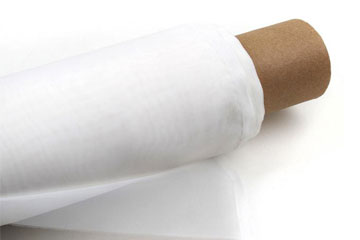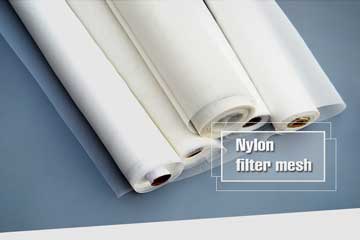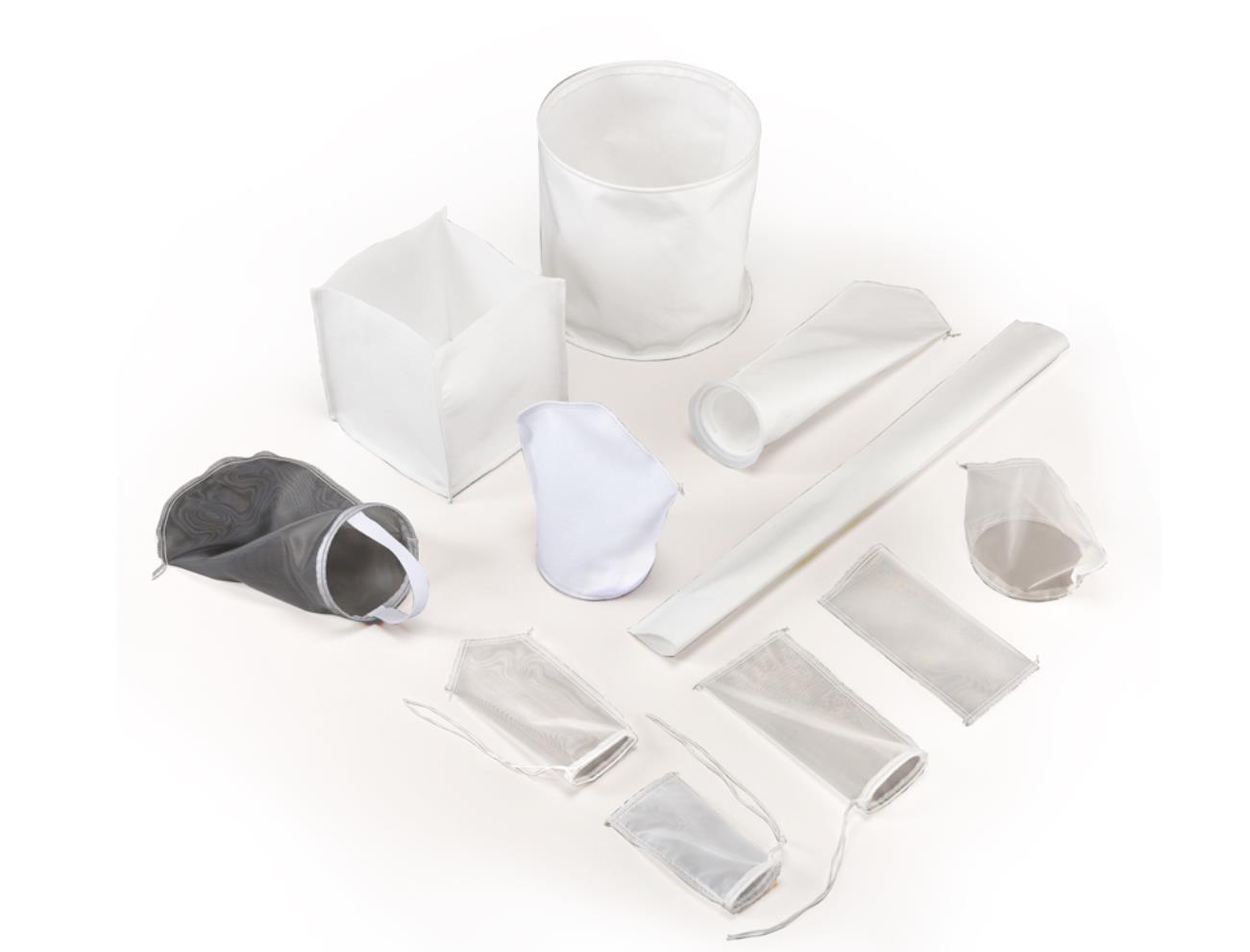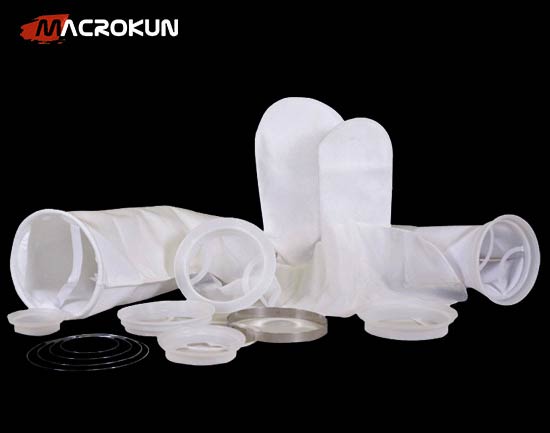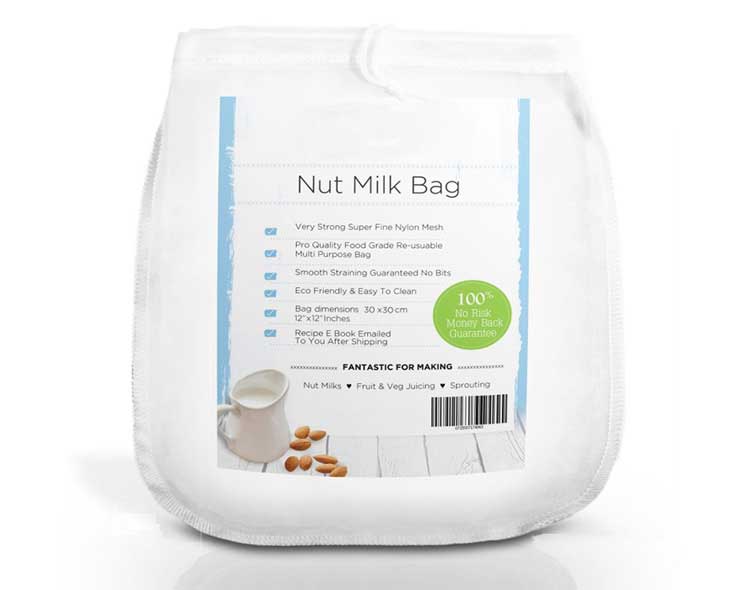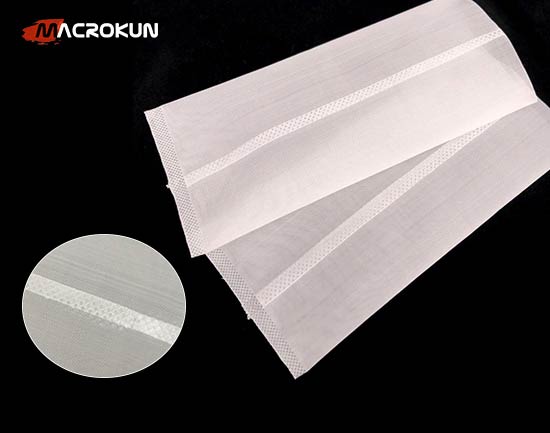180 Micron Screen: A Reliable Filtration Solution for Industrial Applications
The 180 micron screen is a valuable tool for industries that require precise and efficient filtration. With its ability to balance particle retention and flow rate, it delivers reliable performance in a wide range of applications, from water treatment and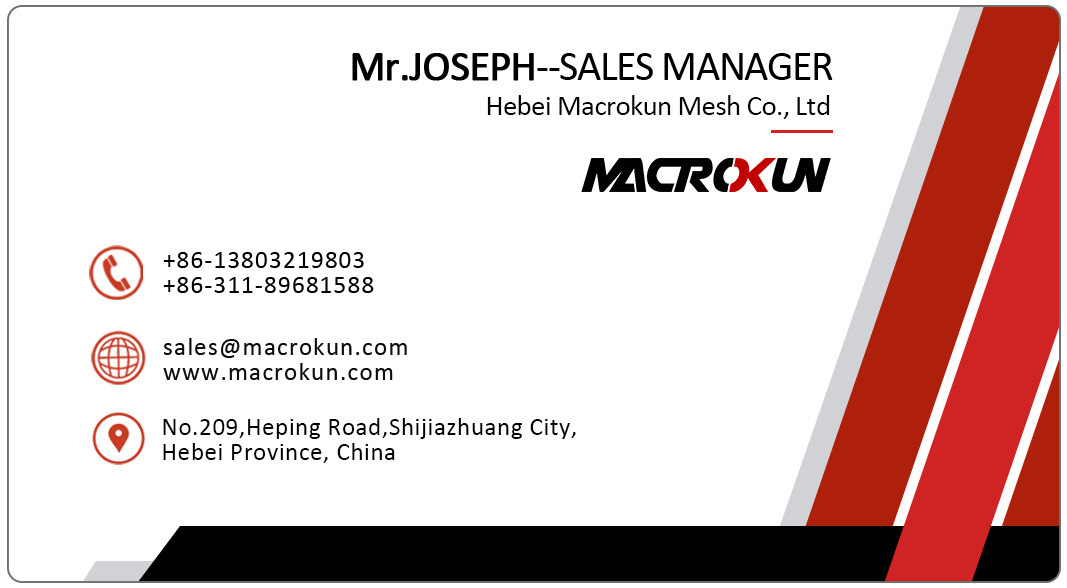
In today’s rapidly evolving industrial landscape, the need for efficient filtration solutions has become more critical than ever. From water treatment to food processing, mining, and beyond, having the right filtration system can greatly impact the quality and efficiency of a business's operations. One filtration product that is gaining popularity due to its high precision and versatility is the 180 micron screen.
The 180 micron screen offers a fine balance between particle retention and flow rate, making it ideal for a variety of industrial applications. In this article, we will explore the key features, benefits, and applications of 180 micron screens, helping you understand why they are an essential component for businesses seeking efficient and reliable filtration.
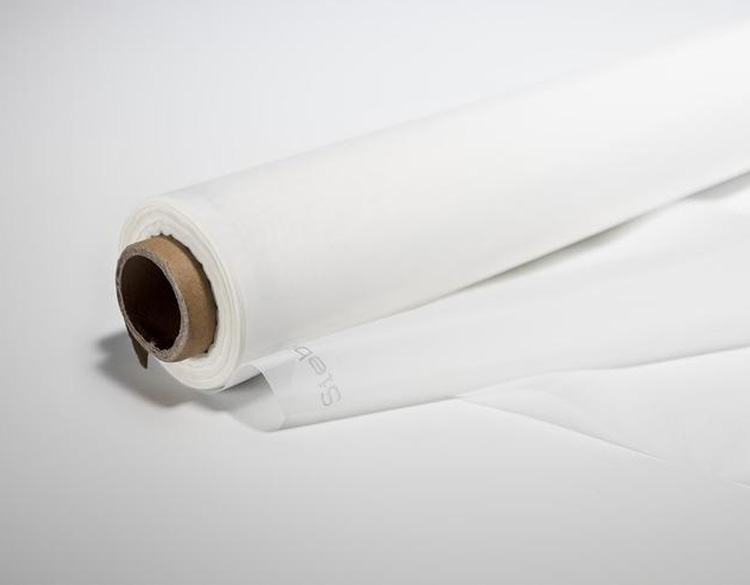
What is a 180 Micron Screen?
A 180 micron screen is a woven mesh or perforated screen made from materials such as stainless steel or nylon, with apertures measuring 180 microns (0.18 mm). This screen allows particles smaller than 180 microns to pass through while capturing larger particles. It serves as a barrier in filtration systems, ensuring that unwanted particulates are filtered out while allowing liquids or gases to flow through.
To give a sense of scale, a micron is one-millionth of a meter, and a 180 micron screen is capable of filtering out particles that are invisible to the naked eye. This filtration level is suitable for applications where medium-sized particles need to be removed without obstructing the flow of fluids or air.
Key Benefits of the 180 Micron Screen
1. Precise Filtration for Consistent Quality
One of the biggest advantages of the 180 micron screen is its ability to provide precise filtration. It captures medium-sized particles that could compromise the quality of the product being processed. For example, in water filtration systems, it effectively removes debris and contaminants, ensuring that clean water is delivered. In industries like food processing and pharmaceuticals, precision filtration helps maintain product quality and consistency.
2. High Flow Rate and Efficiency
The 180 micron screen is designed to allow a high flow rate while still capturing particles. Its structure ensures that there is minimal resistance to the flow of liquids or gases, making it an efficient choice for systems that require continuous filtration without frequent blockages. This feature is particularly important in industries where downtime can lead to significant production losses.
3. Durability and Longevity
For industrial applications, durability is a crucial factor. 180 micron screens made from stainless steel or other robust materials are built to withstand harsh environments, including exposure to high temperatures, chemicals, and corrosive substances. This makes them a cost-effective option as they can be used over extended periods with minimal wear and tear. The longevity of the screen reduces the need for frequent replacements, saving both time and money.
4. Versatility Across Industries
The versatility of the 180 micron screen makes it suitable for a wide range of industries. Whether it’s being used in water filtration, oil and gas, food processing, or chemical manufacturing, the 180 micron screen delivers reliable filtration results. Its ability to filter out contaminants without disrupting the flow makes it an indispensable component in many industrial processes.
5. Easy Maintenance and Cleaning
180 micron screens are relatively easy to clean and maintain. Depending on the application, these screens can be cleaned through backwashing, pressure washing, or chemical cleaning methods. Their ease of maintenance enhances their reusability, reducing operational costs over time.
Common Applications of 180 Micron Screens
1. Water Treatment and Filtration
In water treatment plants, 180 micron screens are used as part of the filtration system to remove impurities from water before it is distributed for use. These screens filter out particles such as sand, silt, and organic matter, ensuring that clean and safe water is delivered to homes and industries. The 180 micron screen also helps in the protection of downstream equipment by preventing clogging.
2. Food and Beverage Industry
In the food and beverage sector, maintaining product purity is essential. The 180 micron screen plays a critical role in filtering out unwanted particles from liquids such as juices, syrups, and oils. This ensures that the final product is free from contaminants and meets health and safety standards. Additionally, the screen helps improve the texture and quality of the product by removing fine particles that may affect the final taste or appearance.
3. Chemical Processing
In chemical manufacturing, precision filtration is key to ensuring that only the desired product passes through the system. The 180 micron screen is used to filter out impurities during the production process, ensuring that the final product meets the required specifications. This level of filtration also helps in protecting sensitive equipment from damage caused by particulate buildup.
4. Oil and Gas Industry
In the oil and gas industry, filtration systems are used to remove solid particles from drilling fluids, fuel, and other substances. The 180 micron screen is commonly used in this industry to prevent equipment wear and ensure the efficiency of operations. By capturing harmful particles, it extends the life of equipment and reduces maintenance costs.
5. Mining and Minerals
In mining operations, the 180 micron screen is used to separate valuable minerals from unwanted materials. This filtration helps improve the efficiency of mineral recovery processes, ensuring that high-quality material is extracted. By filtering out fine particles, the 180 micron screen enhances the overall yield and reduces processing time.
Choosing the Right 180 Micron Screen
When selecting a 180 micron screen for your application, several factors need to be considered:
-
Material: Depending on the environment in which the screen will be used, you may need to choose between stainless steel, nylon, or other materials. Stainless steel is ideal for high-temperature and corrosive environments, while nylon is more suitable for lighter applications.
-
Mesh Size and Configuration: Customization options are available based on the specific filtration needs of your business. Consider the required flow rate, pressure conditions, and the size of the particles you need to filter out.
-
Durability and Maintenance: It’s important to select a screen that is easy to clean and maintain, as this will extend the lifespan of the product and reduce long-term costs.
Conclusion
The 180 micron screen is a valuable tool for industries that require precise and efficient filtration. With its ability to balance particle retention and flow rate, it delivers reliable performance in a wide range of applications, from water treatment and food processing to chemical manufacturing and mining. Its durability, ease of maintenance, and versatility make it an essential component for businesses seeking to improve their filtration systems.
Investing in a high-quality 180 micron screen can help reduce operational costs, enhance product quality, and ensure smooth and efficient industrial processes. Contact us today to learn more about how our 180 micron screen solutions can meet your filtration needs!
RELATED PRODUCTS
RELATED ARTICLES
Tags:
